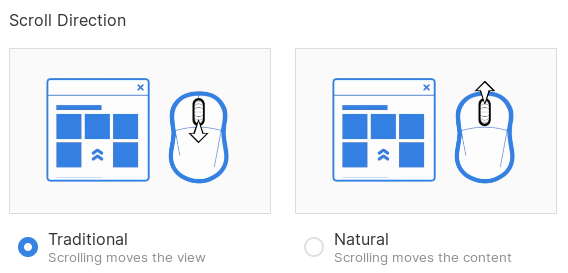this post was submitted on 24 Sep 2023
183 points (96.9% liked)
Linux
58191 readers
717 users here now
From Wikipedia, the free encyclopedia
Linux is a family of open source Unix-like operating systems based on the Linux kernel, an operating system kernel first released on September 17, 1991 by Linus Torvalds. Linux is typically packaged in a Linux distribution (or distro for short).
Distributions include the Linux kernel and supporting system software and libraries, many of which are provided by the GNU Project. Many Linux distributions use the word "Linux" in their name, but the Free Software Foundation uses the name GNU/Linux to emphasize the importance of GNU software, causing some controversy.
Rules
- Posts must be relevant to operating systems running the Linux kernel. GNU/Linux or otherwise.
- No misinformation
- No NSFW content
- No hate speech, bigotry, etc
Related Communities
Community icon by Alpár-Etele Méder, licensed under CC BY 3.0
founded 6 years ago
MODERATORS
you are viewing a single comment's thread
view the rest of the comments
view the rest of the comments

Trackpads and touchscreens get the phone way of scrolling.
These feel like you are interacting with a piece of paper, so you move the paper around.
Mousewheels get the traditional way of scrolling.
Mice are more like controlling something.
It just is. Like F1-F12 keys are always F1-F12 keys, not the alt-function (like media/brightness etc).
I hate that Apple has called it "natural" Vs "reverse" in some psychological reconfiguring that you are going against the grain if you don't agree with them (as opposed to them changing the established standard).
Good points all around, though I do use my alt-functions more than the function itself.
I use natural on the trackpad and traditional using a mouse.